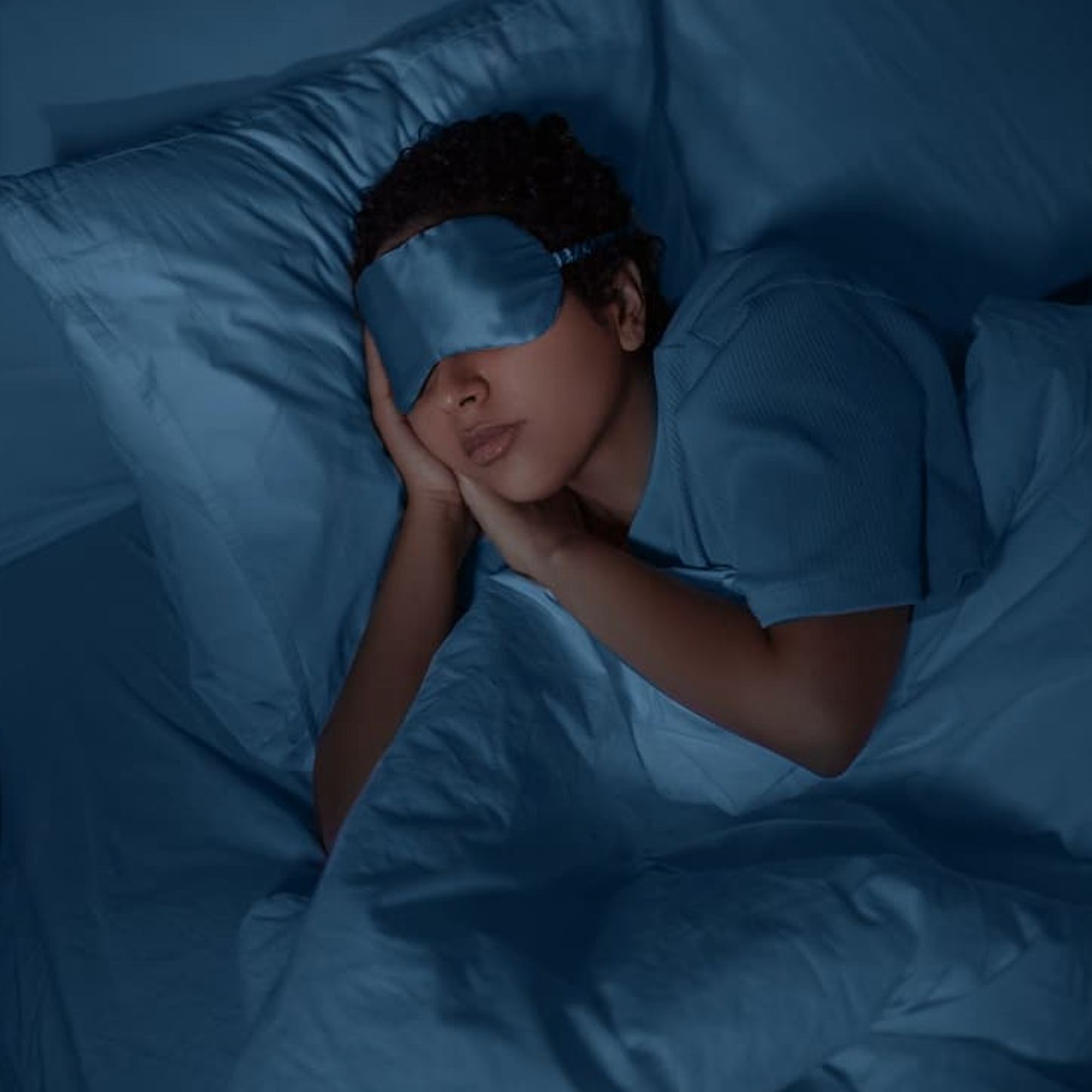Too Little or Too Much Sleep? Both Can Raise Hypertension Risk in Postmenopausal Women
Improving sleep quality and screening for sleep apnea may help manage hypertension after menopause.
By
Lana Pine
| Published on November 18, 2025
4 min read
Credit: Adobe Stock/Syda Productions

High blood pressure (hypertension) becomes more common after menopause, but sleep issues may play a bigger role than many women realize. A new study shows that trouble sleeping and sleep apnea symptoms significantly increase the risk of high blood pressure in postmenopausal women.
Investigators looked at nearly 3,600 naturally postmenopausal women in the United States to understand how sleep problems — including trouble sleeping, symptoms of obstructive sleep apnea (OSA) and sleeping too little or too much — affect the risk of developing hypertension.
“In the spectrum of hypertension etiology, sleep disturbances have risen to prominence as a substantial, albeit often undervalued, risk factor,” wrote a team of investigators led by Zhaoyi Liu, Ph.D. “Sleep is a fundamental physiological necessity for the sustenance of cardiovascular integrity.”
The team used national health data collected from the National Health and Nutrition Examination Survey (NHANES) between 2007 and 2018 and examined several sleep-related factors. They looked at sleep duration (how many hours women slept), whether they regularly had trouble sleeping and whether they experienced symptoms associated with OSA (such as loud snoring or pauses in breathing during sleep). Using statistical models, they measured how each of these sleep issues was linked to the likelihood of having high blood pressure.
Two sleep problems — difficulty sleeping and OSA symptoms — were strongly linked to a higher risk of hypertension. Women who reported trouble sleeping had about 61% higher odds of having high blood pressure, while women with OSA symptoms had about 63% higher odds.
The study also found a U-shaped relationship between sleep duration and hypertension. This means that both too little sleep and too much sleep increased the risk of high blood pressure. The healthiest range appeared to be moderate, steady sleep — not too short, not too long.
Weight also played an important role. When investigators analyzed different weight groups, they found that women with obesity were more strongly affected by the links between sleep problems and hypertension. In obese women, both trouble sleeping and OSA symptoms were even more closely tied to high blood pressure.
Investigators noted a few important limitations to keep in mind. First, they relied on participants’ own reports of whether a doctor had ever told them they had a sleep disorder. This means some sleep problems — especially the common menopause-related issues like frequent nighttime awakenings — may not have been fully captured or recognized by doctors. The study didn’t measure women’s personal experiences of sleep quality or use objective tools like sleep monitors, which could have provided a clearer picture.
The study also didn’t include information on hot flashes or night sweats, which are known to worsen sleep and may raise heart risks after menopause. Without this information, it’s harder to understand how these symptoms might fit into the sleep–blood pressure connection.
The team said more long-term research is needed to understand how these factors influence each other over time.
“Although it isn’t possible to determine causality or which came first — sleep dysfunction or hypertension — the study findings raise awareness around the importance of improving sleep quality and optimal weight management during and after the menopause transition as key factors in mitigating long-term cardiovascular risk,” concluded Monica Christmas, M.D., associate medical director for The Menopause Society.

